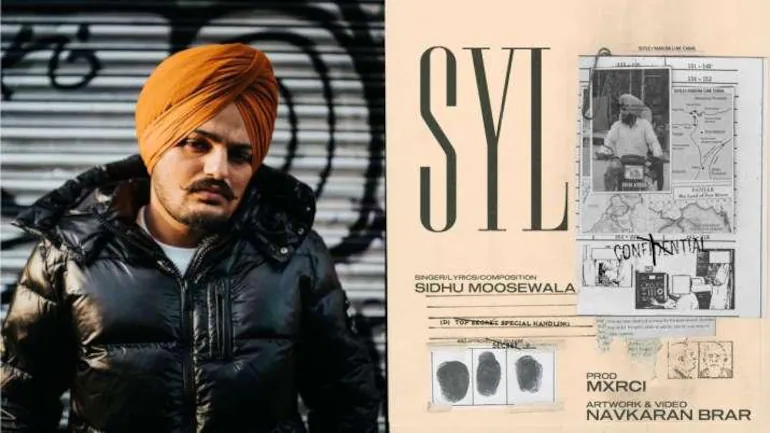A brand-new song by the late Punjabi musician Sidhu Moosewala has been taken down from Google-owned YouTube’s platform in India due to a “legal protest from the government.” The song SYL is accessible on YouTube in various nations and on audio streaming services like Spotify, Gaana, and JioSaavn in India.

The government’s legal lawsuit is the only justification offered by YouTube. The spokeswoman for the online video platform stated in a statement: “We have clear standards for removal requests from governments all across the world. When properly informed through legal channels, we consider government removal demands. We also check material for breaches of our Community Guidelines. Additionally, after carefully reviewing, we limit or remove content as necessary in accordance with applicable laws and our Terms of Service. Our Transparency Report keeps track of all of these requests. The reason why the video was taken down was not specifically stated by the platform.
Just a few weeks prior to the singer’s assassination, the song SYL—named after the still-under-construction Sutlej-Yamuna Link (SYL) canal—was recorded and made public on June 23. The music video, which has since been removed, discussed the 1984 anti-Sikh Riots and showed the Sikh flag being raised at the Red Fort during the farmer movement. The song has long been centred on the water dispute between Punjab and Haryana. In less than three days, 27 million people watched the YouTube video. 3.3 million people liked it on the video streaming website as well.
YouTube removes content from its site through a variety of methods, including community complaints, requests from governmental entities, law enforcement agencies, court rulings, etc. Requests from the government are made either formally, via webforms, etc., or informally, using groups like Google’s public policy team. Some requests could make claims of intellectual property rights infringement, while others might make claims of breaking local laws that forbid particular kinds of content on grounds like defamation.
According to the Google Transparency Report, there were 1,670 requests from governments for YouTube content removal in 2021. This included topics including defamation, criticism of the government, violence, offence against religion, national security, hate speech, copyright, privacy, and security, among others. There were 1,538 such petitions submitted in 2020.

